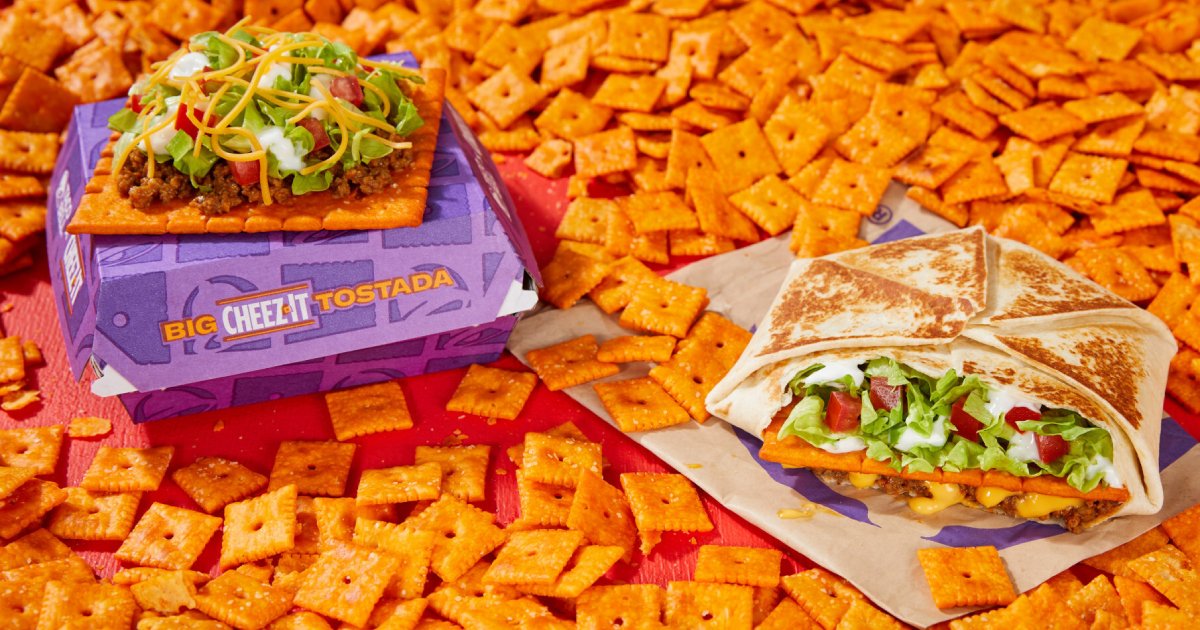What Will Mars Wrigley’s Purchase of Kellanova Mean for Licensing?

By Mark Seavy
Mars Wrigley made a $36-billion offer to buy snack company Kellanova. Considering the substantial brand portfolios of the companies, the effects of the deal could be wide-reaching across the global licensing landscape.
Long-time Kellogg’s agency The Joester Loria Group handles licensing across Pringles, Cheez-It, Pop-Tarts, Rice Krispie Treats, and other labels for non-food items in North America, while Beanstalk is responsible for food products. Both the Joester and Beanstalk partnerships pre-date the company’s split into Kellanova and WK Kellogg Co. last October.
On the privately held Mars side, Brand Central took over management of the company’s Snickers, Twix, Dove, M&Ms, Kind, and other brands in 2021.
The proposed acquisition of Kellanova would be Mars’ largest since it bought Wrigley for $23 billion in 2008 with the backing of Warren Buffet’s Berkshire Hathaway. It gained full control eight years later by buying out the investment firm’s minority stake.
All of the licensing agents involved have been aggressive in building out the licensing businesses for the respective companies.
The Cheez-It brand recently forged a deal with Taco Bell for a branded Crunchwrap Supreme and Tostada and inked a deal for a weeklong run for the Cheez-It Diner in May in Woodstock, NY. Joester Loria struck a number of agreements, including for Frosted Flakes and Pop-Tarts sunglasses with GoodR. Other successful launches include Pringles x The Caviar Co., Jeni’s Pop-Tarts ice cream, and the Eggo Nog Sippin’ Cream x Sugarlands Distillery, all brokered by Beanstalk.
In the case of Brand Central, it recently landed a deal with Fire Brands for Skittles-flavored soft drinks. And Mars’ Snickers and M&M brands have moved deeply into ice cream, with the company previously announcing it planned to triple the size of its ice cream business to hit $1.1 billion in sales this year.
On the corporate front, Mars and Kellanova described the proposed sale as “complementary.” Kellanova will benefit from Mars’ strong business in China, where it has little presence, Kellanova CEO Steve Cahillane said. Kellanova, meanwhile, would give Mars broader distribution in Africa, according to Cahillane, who will leave the company once the deal is finalized.
The combined company will have headquarters in Chicago, IL, but also maintain a presence in Kellogg’s long-time home of Battle Creek, MI. Kellanova ($13 billion in annual sales) and Mars ($50 billion) will have combined annual revenue of $63 billion. Discussions about a potential acquisition began “a couple months ago” when Mars CEO Poul Weihrauch reached out to Kellanova to discuss a potential sale, Cahillane said.
Cahillane and Weihrauch dismissed anti-trust concerns despite the fact that the acquisition that would give the combined company a 25% share of the snack bar market with the Nutri-Grain, Kind, and RxBar brands. According to Cahillane, the snack bar business is an “incredibly fragmented space.”
This Mars-Kellanova deal is the most recent in a series of mergers and acquisitions to potentially affect the brand licensing business. And, in fact, a number of these deals have been in the food and beverage space.
For example, JM Smucker Co. purchased Hostess last fall. The company then signed a representation agreement with Brand Central this past spring for its Jif peanut butter, Smuckers’ spreads, and Uncrustables frozen handheld sandwiches.
Hostess, which had been represented for licensing by Global Icons since 2019, is home to brands including Twinkies, Donettes, CupCakes, and Ding Dongs. Global Icons brought Hostess into the cereal business in 2020 through licensing deals with Post Holdings for Twinkies, Donettes, and Honey Bun cereal.
And while the Smucker-Hostess and Mars-Kellanova transactions are the most recent to affect the licensing business, more may be on the horizon, Cahillane told CNBC.
“It is possible you will see other transactions,” Cahillane said. “This is an accretive deal for both of us and it could send a signal to the market for other value creations. There have always been lots of permutations [of potential deals] and it is hard to predict, but I wouldn’t be against it




